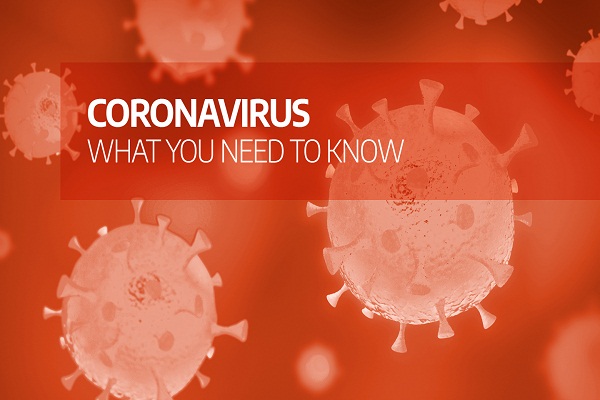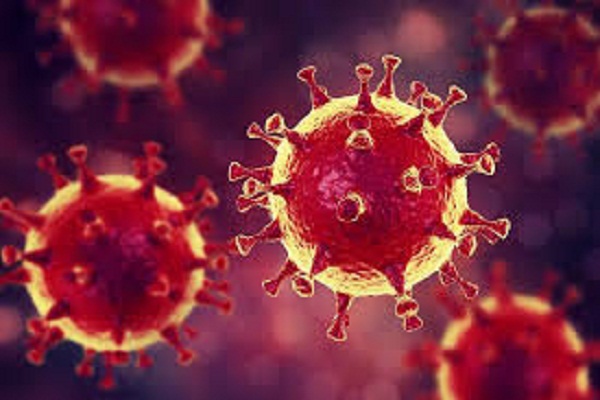
 While the epidemic of cardiometabolic diseases is mounting globally, more people are waking up to the health benefits of incorporating plant-based foods into their diet.
While the epidemic of cardiometabolic diseases is mounting globally, more people are waking up to the health benefits of incorporating plant-based foods into their diet.
A relatively new term on the block, cardiometabolic health is your risk of developing cardiovascular and metabolic diseases, including type two diabetes and metabolic syndrome. Heart diseases represent 31 percent of all global deaths. If you are at risk of cardio metabolic diseases, your chance of suffering a heart attack or stroke is high.

Healthy lifestyle changes and practicing healthy eating can protect you from the perils of poor cardio metabolic health.

Say yes to plant based protein

Not many people know this, but a vegetarian diet can be nutritionally adequate if your intake of fruits, vegetables, whole grains, nuts, soy products, fiber, phytochemicals, and antioxidants is adequate.

Eating plant-based proteins with like soy can have a favorable impact on blood lipids. Soy protein has been shown to lower LDL-cholesterol, total cholesterol, and triglycerides, raising heart-protective HDL-cholesterol and decreasing cardiometabolic disease risk.
Plant based proteins are healthier than animal-based proteins
Plant-based proteins in comparision to animal-based sources of protein increase your risk for cardiometabolic disease in a different way. Eggs, dairy, meat and fish are few examples of animal protein in your diet. Vegetarian populations tend to have lower blood pressure and plasma cholesterol compared to their omnivorous counterparts.
The risk of cardiometabolic disease increases with higher meat consumption. In fact, lowering disease risk is possible even without having a complete plant-based diet just by replacing small amounts of animal protein with plant protein.
Soy protein is a better choice
Soy protein is a great alternative for meat. It is the only widely available plant protein that contains all the essential amino acids in proper ratios, making it a complete high-quality protein as compared to milk, meat, and eggs. Although both soy protein and animal proteins both help you lose weight and maintain it, soy protein offers additional health benefits. It lowers blood cholesterol and can be consumed throughout the life span to promote cardiometabolic health. It lowers blood pressure in people with hypertension. Intake of 1 to 2 servings of soy protein daily (15 to 30 g) improves your blood cholesterol levels and reduces the risk of cardiovascular diseases.
Not just a healthy heart, soy protein helps you lose weight too
When you regularly include soy protein in your diet, there is a definite improvement in your body weight, body composition, and cardiometabolic health. It controls your appetite and decreases your food cravings. Unlike animal proteins, soy protein does not have any cholesterol and saturated fats. It helps to build muscle mass.
(The writer is Jigna Sheth, Nutritionist & Fitness Consultant, Mumbai. Views expressed are personal opinion.)
Be a part of Elets Collaborative Initiatives. Join Us for Upcoming Events and explore business opportunities. Like us on Facebook , connect with us on LinkedIn and follow us on Twitter , Instagram.
"Exciting news! Elets technomedia is now on WhatsApp Channels Subscribe today by clicking the link and stay updated with the latest insights!" Click here!
















